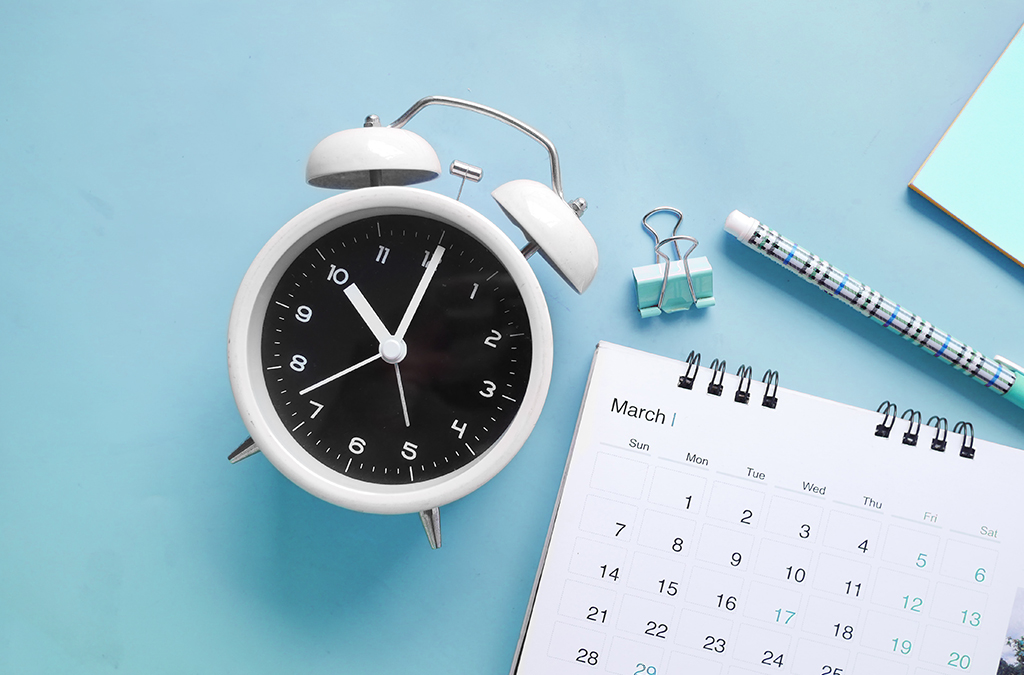
When you are in debt, the first thing you want to do is get out of it – but knowing exactly how long that will take can be tricky. For those who have built up substantial debts, and are struggling to make minimum repayments, a structured repayment plan may be the best way out. There are a few different options and each has a different timeline.
If you are on an approved repayment program known as a proposal, with a licensed insolvency trustee, the average repayment plan in Canada is built on a 5-year repayment platform. However, no two circumstances are exactly the same.
The length of time it takes to complete a debt repayment program will depend on a number of factors including:
A consumer proposal is a legally binding agreement created with a Licensed Insolvency Trustee and negotiated with your creditors. The agreement allows someone in debt to arrange a repayment solution with their creditors and the Licensed Insolvency Trustee that is fair and manageable. A consumer proposal also allows the trustee to negotiate with creditors to reduce your total debts based on your ability to repay.
Generally, a consumer proposal will spread payments over a 5-year repayment schedule. Of course, there are always exceptions, and some people can make other arrangements to service their debt quicker.
Also, doubling up on payments instead of just giving the bare minimum always helps move things along. Any effort, no matter how little, can help move the needle further, but this repayment option can be expected to take between 2 to 5 years on average.
A debt consolidation plan will attempt to put all (or most) of your debts into one basket. Instead of having to make multiple payments to multiple creditors, you just make a single payment on the consolidated debt. This solution makes it easier, by allowing you to worry about one repayment versus dealing with multiple bills. It can also protect you from individual creditors.
However, debt consolidation won’t lessen the total debt load – or the amount of time it takes to repay your debts. In fact, it usually extends the amount and the time it takes to pay back as you can’t ever borrow your way out of debt.
Debt consolidation pushes the debt problem away in the short term and can add interest to what you already owe. The company that agrees to consolidate your debts and pay off your other creditors will want to make a profit for doing so and is assuming the risk that you will pay.
If you don’t make regular payments on the consolidated debt, you risk creating more of a problem than you originally started with.
Typically, repaying debt through a consolidated plan can take anywhere between 2 to 7 years to make all debt repayments but, again, this could be longer.
Many people get confused by personal bankruptcy and debt duration. There is an assumption that by declaring personal bankruptcy, your debt is eliminated, which is only partially true.
If you are successful in completing your bankruptcy, your debt obligations are legally forgiven. Due to this, it is technically true that declaring personal bankruptcy is the fastest way to shed debt – but not without repercussions.
Personal bankruptcy can have future implications on your credit rating and there is still a cost to file for bankruptcy, but it is less than a repayment plan. Typically, declaring personal bankruptcy means the debt repayment timeline is estimated at taking around 9 months. This is just an average and it can vary greatly depending on each case.
Many online resources are available to help you figure out how long your debt repayment plan will take. Explore our debt repayment calculator to give you a ballpark number based on the information you provide.
Finding the right repayment plan will ensure a debt timeline that works for you. There is no silver bullet or easy solution when it comes to debt duration. However, the earlier you talk to a professional and choose a solution, the closer you are to realizing a debt-free future.

Short Answer Legally you must owe at least $1,000.00 meets the qualification for a consumer proposal but practically, we would never let anyone file a

Short Answer You can apply for credit while in a consumer proposal but probably won’t be approved unless it is secured by a prepaid balance.

Short Answer Legally there is nothing that would not allow you to buy a house while in a consumer proposal, however you may have difficulty